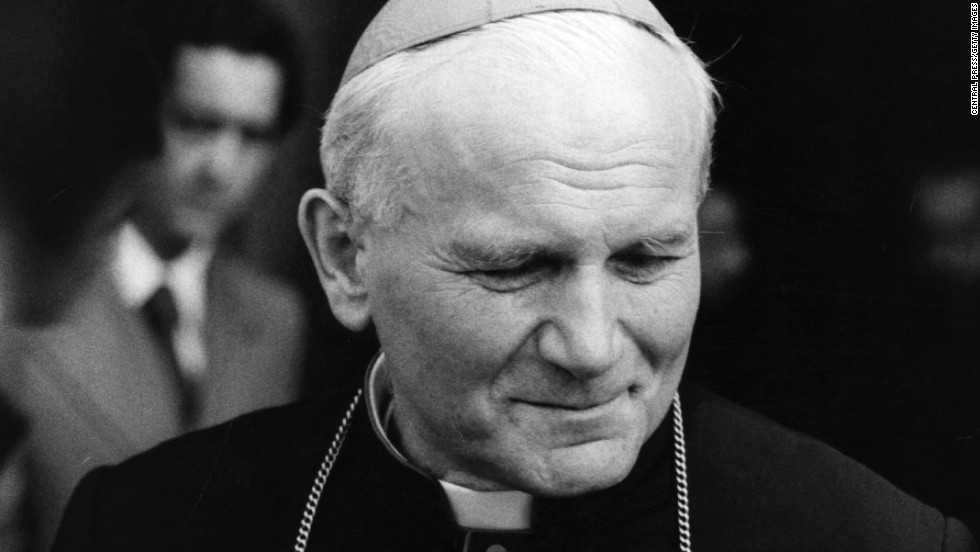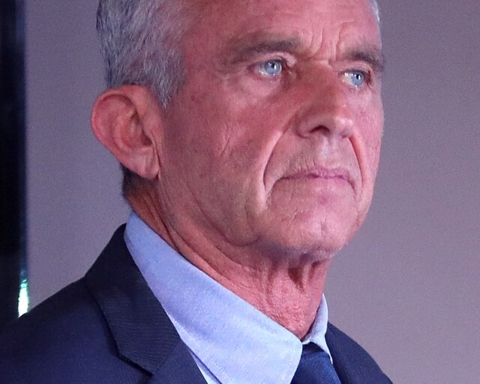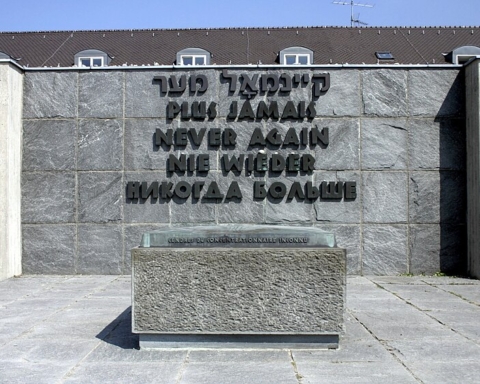By Luke Nolan, Contributing Writer
Oct. 22 marked the feast of St. Pope John Paul II, the first Polish Pope and one of the most loved (and hated) in recent memory. His devotion to the Blessed Mother, as well as his openness to dialogue with other religions, has been an inspiration for all and has revitalized relations between the Church and other major religions.
While he is credited with contributing to the collapse of Soviet communism in Eastern Europe, as well as dictatorships in both Latin American and South America, he has also been a great advocate for human rights and for the dignity of the human person.
However, John Paul II is accused of enabling and covering up the sex-abuse crisis which has since been a deep wound in the Catholic Church amongst clergy, religious and laypeople. Despite his poor handling of some cases in particular, especially that of Marcial Maciel, he nevertheless starts the groundwork, alongside American bishops, of what would become the modern zero tolerance policy, which is continued and strengthened by the current pontiff, Pope Francis.
Aside from interior governance problems within the Church, John Paul II made tremendous strides in terms of religious freedom and human dignity, himself being a major contributor to the 1965 Vatican II document Dignitatis humanae, in which the Church affirmed the right to religious freedom across the world.
During his pontificate, his encyclical Laborem exercens, which re-affirmed and promoted the rights of workers to assemble and unionize, emphasized the dignity of work as an essential part of human life.
The dignity of the person, a major theme of his papacy, influenced him to speak out against the injustices perpetrated by oppressive governments, such as the suppression of civil liberties and violations of human rights.
He believed freedom was properly understood alongside truth. He viewed relativism, which claimed that there was no truth or that truth is relative, as a threat.
Within his concern for the dignity of the person, he also saw a threat to that dignity in an increasingly consumerist, materialistic society which values currency and material possessions above the dignity and intrinsic worth of the person.
John Paul II was critical of unregulated capitalism, which placed economics above the dignity of human beings. However, he was also critical of socialism, which placed the needs of the whole above the needs of individuals, while also restricting basic human rights related to assembly, speech and religion.
Whatever one thinks of John Paul II, his words and actions, from his advocacy for human rights and religious freedom to his ecumenical actions, are a sign of not only his good will but also his holiness and understanding that we are all human.
While it is important to avoid sentimentality, it is equally important to note his accomplishments as pope, while recognizing some of the negative aspects he is criticized for. He has certainly left his mark on the world, and his works endure to this day.
nolanl17@bonaventure.edu






